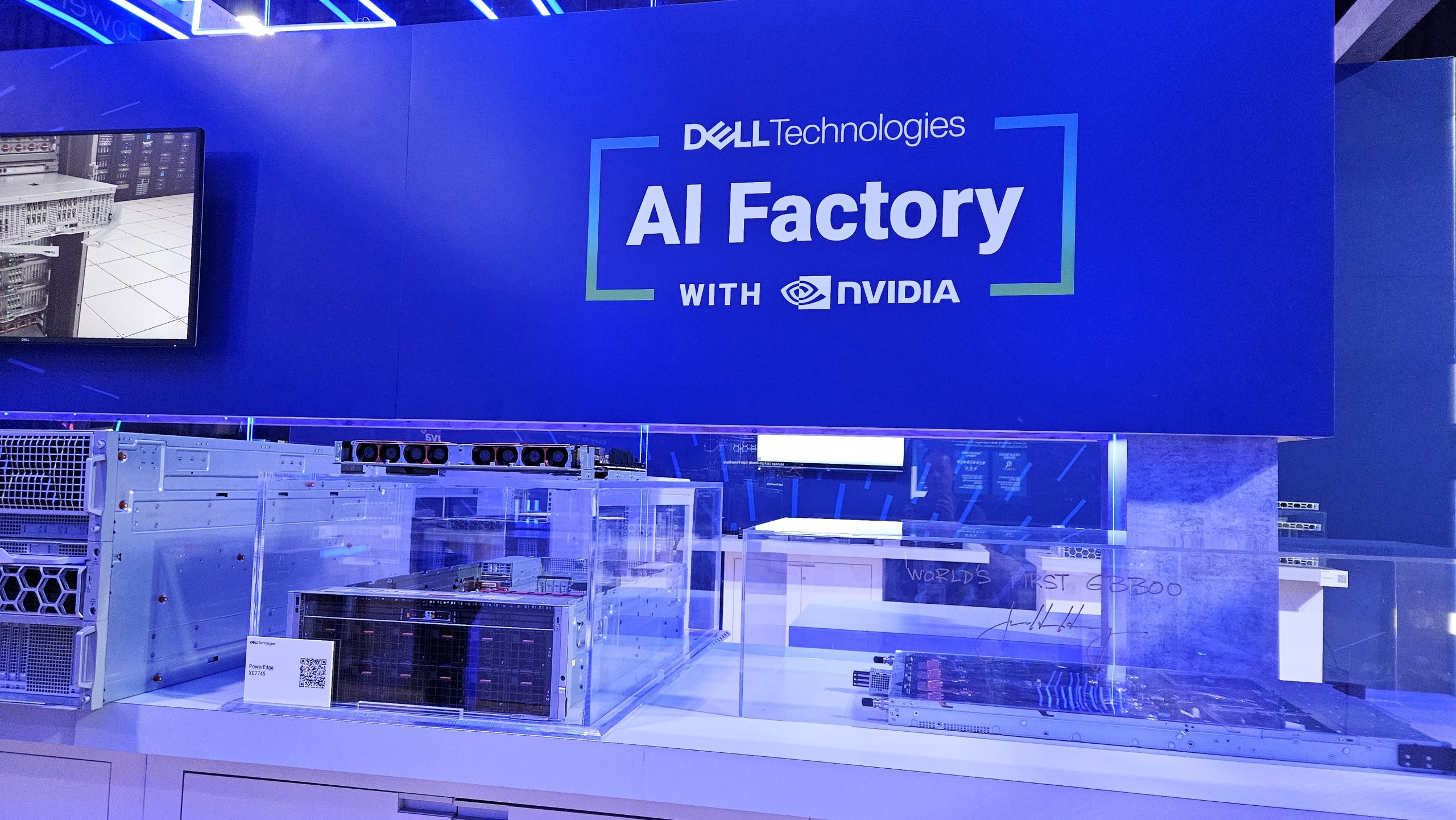The growing ranks of programmers using the Python open-source language can now enjoy GPU acceleration for their high performance computing (HPC) and big data analytics applications via the NVIDIA CUDA parallel programming model from visual computing innovator NVIDIA.
Support for NVIDIA CUDA parallel programming comes from NumbaPro, a Python compiler in the new Anaconda Accelerate product from Continuum Analytics. It offers Python programmers GPU acceleration for high-performance computing (HPC) and big data analytics applications.
“Hundreds of thousands of Python programmers will now be able to leverage GPU accelerators to improve performance on their applications,” says Continuum Analytics CEO Travis Oliphant. “With NumbaPro, programmers have the best of both worlds: they can take advantage of the flexibility and high productivity of Python with the high performance of NVIDIA GPUs.”
CUDA Compiler Source Code
The new support for GPU-accelerated application development is, in part, the result of NVIDIA’s contribution of the CUDA compiler source code into the core and parallel thread execution backend of LLVM, a widely used open source compiler infrastructure.
Continuum Analytics’ Python development environment uses LLVM and the NVIDIA CUDA compiler software development kit to deliver GPU-accelerated application capabilities to Python programmers.
The modularity of LLVM is meant to provide language and library designers with a means of adding support for GPU acceleration to a wide range of general-purpose languages like Python, as well as to domain-specific programming languages.†
Anaconda Accelerate is available for Continuum Analytics’ Anaconda Python offering, and as part of the Wakari browser-based data exploration and code development environment.











